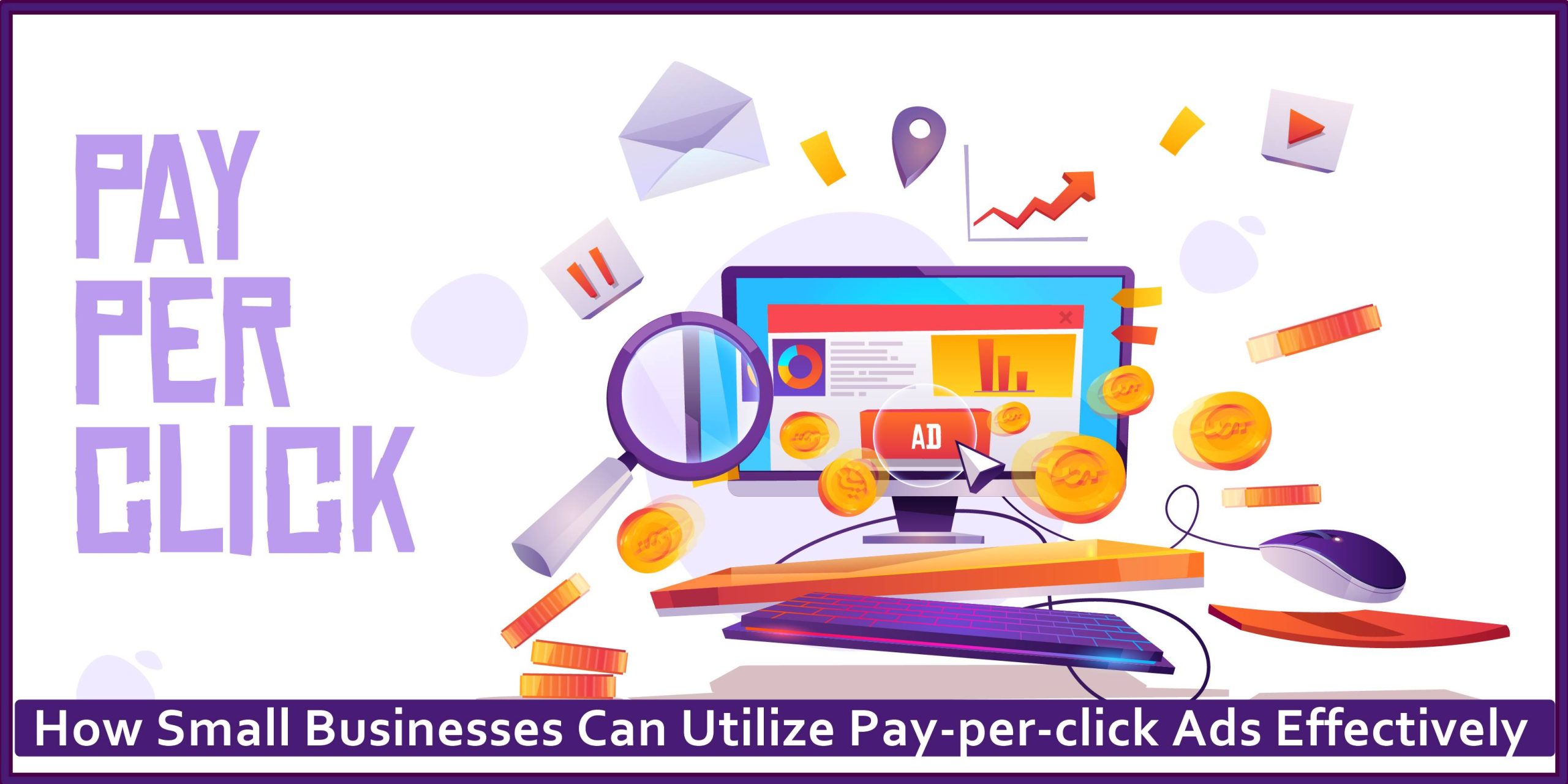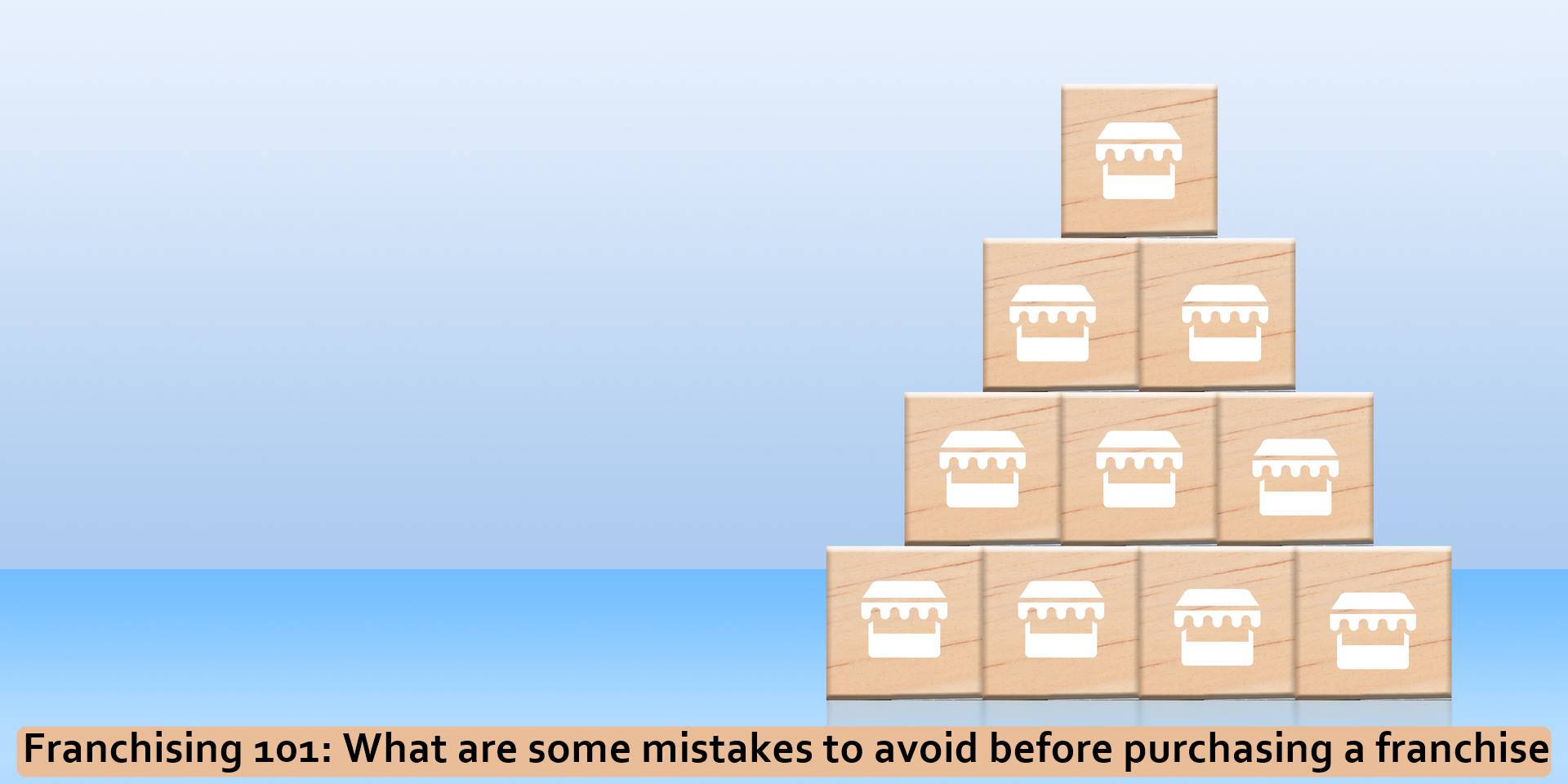Small businesses often have to be more creative to compete with larger enterprises. One way to do this is through utilizing pay-per-click (PPC) ads, which can be a very effective marketing tool when used correctly. However, many small businesses don’t know how to use PPC ads effectively and don’t see the desired results. Regardless of your business model and industry, we’ll teach you how to implement a PPC ads strategy primed for success effectively.
With a few simple strategies, small businesses can use PPC ads to their advantage and see a significant increase in traffic and conversions. This article will cover what PPC ads are, the benefits of PPC ads, and some of the best strategies for small businesses.
What are pay-per-click ads?
PPC ads, or pay-per-click ads, are a form of online advertising that allows businesses to bid on keywords to have their ad displayed when searching that keyword. For example, if you own a small business that sells pet supplies, you might want to bid on the keyword “pet supplies” so that your ad will be displayed when someone searches for that term.
The great thing about PPC ads is that they allow businesses to target potential customers who are already interested in what they offer. As a result, that means companies could see a significant return on investment (ROI) for their advertising dollars. In business, you’re always thinking about the end consumer. PPC ads are one of the best ways to obtain direct contact with people already interested in your industry.
Benefits of using PPC
Many benefits come with using PPC ads, especially for small businesses:
- PPC ads are an extremely effective way to drive traffic to your website or landing page.
- They offer great flexibility and allow you to tailor your ad campaigns to target your ideal customer specifically.
- PPC ads allow businesses to track their results and ROI, essential for making informed decisions about future marketing campaigns.
- Don’t underestimate the power of data analytics.
In a nutshell, your PPC marketing campaign will revolve around the data you collect. As a result, your future PPC ads will be more effective (higher ROI) once you’ve tested different keywords, copywriting, and offers.
Now that we’ve covered the basics of PPC ads and some of the benefits of using them. Let’s look at some specific strategies that small businesses can utilize for high ROI.
High-ROI strategies for small business PPC campaigns
Small businesses can use many different strategies to make their PPC ads more effective. However, not all of these strategies will work for every business. Therefore, it’s essential to experiment and find what works best for you and your company.
Here are a few specific strategies proven to be effective for small businesses:
- Competitive Keyword Research
One of the most important aspects of any PPC campaign is keyword research. To be successful, you need to bid on keywords relevant to your business and have a high enough search volume to justify the investment.
However, you also don’t want to bid on too competitive keywords because competing with other businesses with larger budgets will be tough. Therefore, when we talk about competitive keyword research, we mean the relevance of keywords for your business.
So, how do you do competitive keyword research? First, you need to identify your business goals. For example, what are you trying to achieve with your PPC campaign? Is it more traffic and conversions?
Then once you know this, you can brainstorm a list of potential keywords. But, first, you need to check each keyword’s search volume and competition level. There are several different tools that you can use for this, such as Google Keyword Planner and SEMrush.
After you’ve checked the search volume and competition level, you can start narrowing down your list of keywords to the most relevant and have a high enough search volume to justify the investment.
- Use AIDA copywriting
According to Digital Authority Partners, copywriting is extremely important for PPC ads. Your ad needs to be able to grab attention, create interest, generate desire, and ultimately lead to action. The best way to do this is by using the AIDA copywriting framework. AIDA stands for Attention, Interest, Desire, and Action.
First, you need to get the attention of your target audience with an eye-catching headline and relevant images. Then, start to create interest by providing more information about your product or service. Next, you need to generate desire by highlighting the benefits of your offer. Finally, you need to include a call-to-action (CTA) that encourages them to take action.
- Use negative keywords
To be successful with PPC ads, you need to make sure that you’re only targeting people who are genuinely interested in what you have to offer. Therefore, exclude people not interested in your product or service by using negative keywords.
Negative keywords are keywords added to your campaign that will prevent your ad from appearing when someone searches for those terms. For example, suppose you sell refurbished computers. In that case, you might want to add the keyword “new” as a negative keyword since people looking for new computers probably aren’t interested in buying your product.
- Test different copywriting and offers
As we eluded to earlier, testing will be the make-or-break factor in your PPC ads campaign. Test different copywriting, images, offers, and other variables. Only by continuously testing and tweaking your ads will you maximize your results.
We recommend A/B testing one variable at a time. For instance, a 10% off coupon and a $10 off coupon might be the same offer financially. However, you might realize that your conversion rate increases by 4% when you offer $10 off instead of 10%. Once you have a winner like this example, you can start testing different ad elements to see if you can further improve the results.
Another example would be testing different headlines or descriptions to see if you can increase the click-through rate (CTR). You may also want to try other images or offers to see if you can increase the conversion rate.
Takeaways
Small businesses can utilize pay-per-click ads effectively by using a few simple strategies, including competitive keyword research, AIDA copywriting, and negative keywords. Finally, small businesses should test different copywriting and offers to see the best results.





